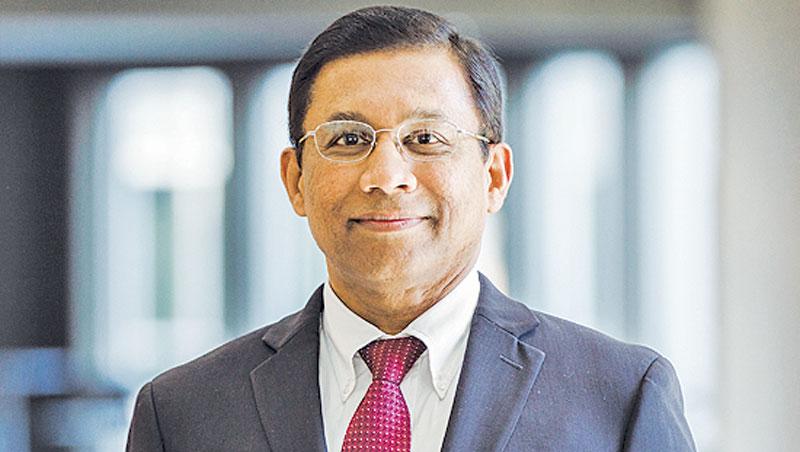
The global economic slowdown and slow growth in key export markets such as the USA and Europe will have a negative impact on Sri Lanka’s export growth this year, a top economist told Business Observer last week.
He said the slowdown in economic growth in major markets will have adverse repercussions for trade with emerging markets which depend heavily on developed economies for exports.
The International Monetary Fund (IMF) in its World Economic Outlook released recently cut global growth forecast for 2019 to 3.3 percent from 3.5 percent.
Economists say slower global growth will have macro economic implications for developing economies.
National Economic Council of Sri Lanka Secretary General and Chief Economist Prof. Lalith Samarakoon said the slowdown in export growth in Sri Lanka would mean lower foreign exchange earnings which will exert pressure on the Balance of Payment (BoP) and the exchange rate of the country.
“The tough times for Sri Lanka in the months ahead due to slower global economic growth is very clear. Investments in export oriented investments will slowdown creating pressure on employment. Slowdown in exports could ultimately dampen the income growth of the people and the aggregate demand in consumption. It is a clear sequence of events that we need to take a close look at and act before things get out of control,” Prof. Samarakoon said.
He said the slowdown in global economic growth could be predicated on global events such as trade protectionism where the US and China are embroiled in a trade war and the US is considering imposing tariffs amounting to US$ 11 billion on imports from Europe, which is grappling with the Brexit issue, a key factor impacting growth in trade in the EU. The US and Chinese economies are expected to slowdown this year.
Growth in the US is expected to be around two percent though the Federal Reserve has forecast 2.1 percent and the IMF 1.9 percent. Inflation in the US is running below its target of two percent. Given the expected economic slowdown and continued low inflation, the Fed has put a halt on rate hikes.
Growth in Europe, a vital part of the global economy as forecast by the IMF is expected to be around 1.6 percent this year primarily due to the persistent deterioration in external demand caused by the US-China trade dispute and emerging markets slowdown.
Inflation in Europe is running at 1.4 percent which is expected to be around 1.6 percent in 2021. The European Central Banks will maintain an accommodative monetary policy due to lower growth and lower inflation.
“Sri Lanka must be mindful that it has foreign currency debt servicing payments amounting to US$ 5.9 billion this year which will have to be serviced through international capital markets.
Of the total repayment, US$ 2.4 billion was raised in March this year through International Sovereign Bonds (ISBs),” Prof. Samarakoon said, adding that however, we still have a large amount of foreign currency denominated refinancing to be done.
While lower global interest rates and increased appetite for emerging market debt will help Sri Lanka to access international markets at reasonable rates, this favourable situation may not last beyond the first half of the year because any resolution of the trade dispute between the US and China, and an orderly Brexit will increase the growth expectations in major economies resulting in higher interest rates.
Added to this will be the policy and political uncertainties Sri Lanka will inevitably face in the latter part of the year due to the election cycle which will increase the risk premium demanded by foreign investors in Sri Lankan bonds.
It is likely that as forecast, global oil prices which are around US$ 72 a barrel will reach around $ 80 a barrel by mid this year exerting further pressure on the exchange rate and the BoP.
“Therefore, Sri Lanka is likely to face a challenging macroeconomic scenario in the latter half of the year fuelled by global and domestic political and economic uncertainties. Thus it is better to tap international markets now to service foreign debt than wait till the latter half of the year when global interest rates and Sri Lanka’s risk premium might go up due to the local political and economic uncertainties,” Prof. Samarakoon said.
